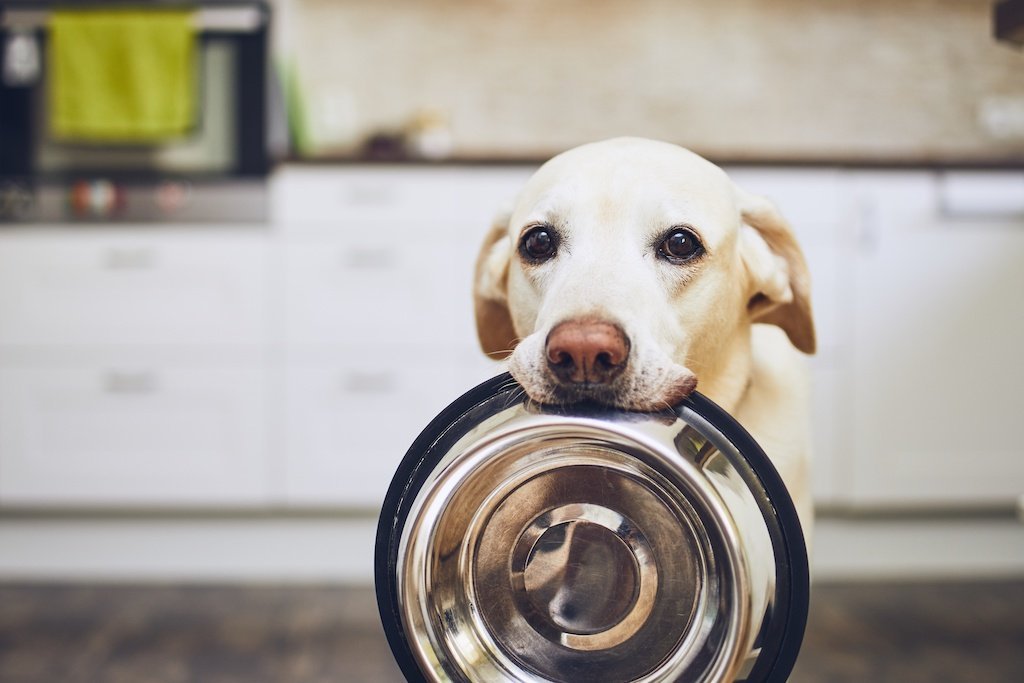What Should I Feed My New Dog: A Comprehensive Guide
Introduction
Bringing a new dog into your life is an exciting and rewarding experience, but it comes with responsibilities, especially when it comes to their diet. What you feed your dog plays a crucial role in their health and well-being. In this comprehensive guide, we'll explore everything you need to know about feeding your new canine companion.
Table of Contents
- Understanding Your Dog's Nutritional Needs
- Choosing the Right Dog Food
- Feeding Puppies vs. Adult Dogs
- Portion Control and Feeding Schedule
- Common Food Allergies in Dogs
- Homemade vs. Commercial Dog Food
- Supplements and Treats
- Transitioning to a New Diet
- Hydration and Fresh Water
- Food Safety
- Health Monitoring
- Conclusion
Understanding Your Dog's Nutritional Needs
Different dogs have different nutritional requirements based on their breed, size, age, and activity level. Consult with your veterinarian to understand your specific dog's needs.
Choosing the Right Dog Food
Selecting a high-quality dog food is essential. Look for options that have real meat as the primary ingredient and are free from artificial additives.
Feeding Puppies vs. Adult Dogs
Puppies and adult dogs have different dietary needs. Puppies require food that supports growth, while adult dogs need a balanced diet to maintain their health.
Portion Control and Feeding Schedule
Establish a regular feeding schedule and measure your dog's food portions to prevent overfeeding or underfeeding.
Common Food Allergies in Dogs
Be aware of common food allergies in dogs, such as wheat, soy, and certain protein sources, and choose an appropriate diet.
Homemade vs. Commercial Dog Food
Decide whether you want to feed your dog commercial dog food or prepare homemade meals. Both options can be healthy if done correctly.
Supplements and Treats
Learn about necessary supplements and choose treats that are nutritious and appropriate for your dog's size.
Transitioning to a New Diet
If you're changing your dog's diet, do so gradually to avoid digestive upset. Mix the new food with the old over several days.
Hydration and Fresh Water
Always provide your dog with access to clean, fresh water. Proper hydration is crucial for their health.
Food Safety
Handle dog food safely to prevent contamination and ensure it's stored properly to maintain freshness.
Health Monitoring
Regularly monitor your dog's weight, coat condition, and overall health. Any significant changes should be discussed with your veterinarian.
Conclusion
Feeding your new dog the right way is a fundamental aspect of responsible pet ownership. By understanding their nutritional needs and making informed choices, you'll contribute to their long and healthy life.


greate
ReplyDeleteawesome
ReplyDelete